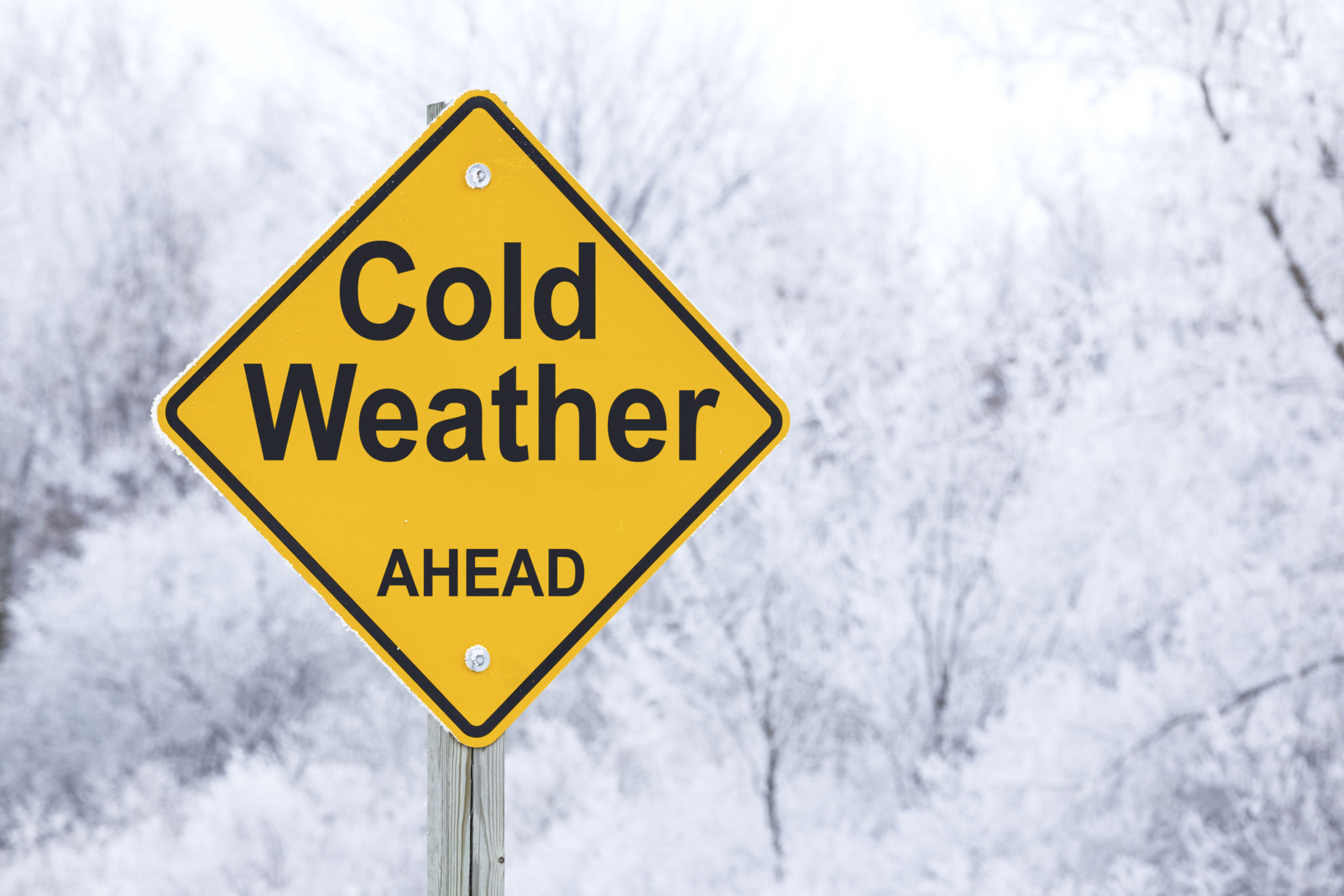Preparing for Seasonal Changes: Home Care Tips for Seniors
Understanding the Importance of Seasonal Home Care
As the seasons change, so do the needs of our homes, especially for seniors who may face unique challenges. Ensuring that your home is prepared for the upcoming seasonal shift can enhance comfort and safety. It's crucial to address these changes proactively to maintain a healthy and safe living environment.
For seniors, preparing for seasonal transitions is not just about comfort but also about preventing potential hazards. From adjusting indoor temperatures to ensuring proper insulation, taking these steps can significantly improve quality of life.

Preparing for Winter: Keeping Warm and Safe
Insulation and Heating
During the colder months, effective insulation becomes vital. Ensure all windows and doors are properly sealed to prevent drafts. Consider adding heavy curtains to help retain heat within the home. It might be beneficial to schedule a maintenance check for your heating systems to ensure they are functioning efficiently.
Preventing Slips and Falls
Winter often brings icy conditions that can be hazardous. Ensure walkways and driveways are clear of snow and ice. Using non-slip mats inside and outside can help prevent falls. Additionally, keeping a supply of salt or sand on hand can be useful for treating icy surfaces quickly.

Spring Cleaning: Refreshing Your Living Space
Decluttering and Organizing
Spring is a great time to declutter and organize your home. Begin by tackling one room at a time, sorting through items that are no longer used or needed. This not only helps in maintaining a tidy living space but can also reduce tripping hazards.
Checking Safety Devices
As part of your spring cleaning routine, ensure all safety devices are in working order. Test smoke detectors and carbon monoxide alarms, replacing batteries if necessary. It's also a good time to review emergency plans and update contact information for caregivers or emergency services.

Summer Preparedness: Staying Cool and Hydrated
Managing Indoor Temperatures
With rising temperatures, it's essential to keep the home cool and comfortable. Use fans or air conditioning units efficiently to maintain a pleasant indoor climate. Closing blinds during peak sunlight hours can also help in reducing indoor heat.
Hydration and Health
Seniors should pay special attention to staying hydrated during the summer months. Encourage regular water intake and consider having a variety of hydrating snacks available, such as fruits with high water content. It's also important to recognize signs of heat exhaustion and take immediate action if symptoms arise.

Fall Maintenance: Preparing for Cooler Weather
Outdoor Preparations
As fall approaches, it's time to prepare the outdoor areas of your home. Clean gutters to ensure proper drainage and check that all outdoor lighting is functioning correctly for shorter daylight hours. Inspect any outdoor equipment and ensure it's stored properly before winter arrives.
Indoor Comfort Adjustments
Fall is an ideal time to make small adjustments indoors for added comfort. Consider adding cozy blankets or throws to common areas, and switch to warmer bedding if needed. These small changes can make a significant difference as temperatures begin to drop.
By taking these proactive steps with each changing season, seniors can maintain a safe, comfortable, and enjoyable living environment throughout the year.
